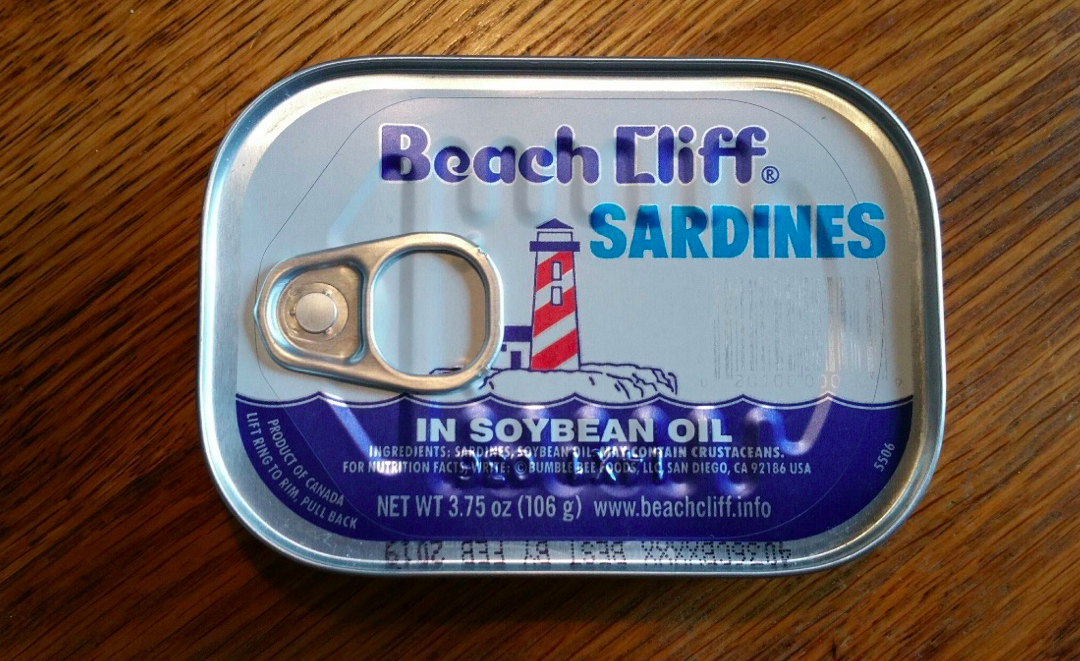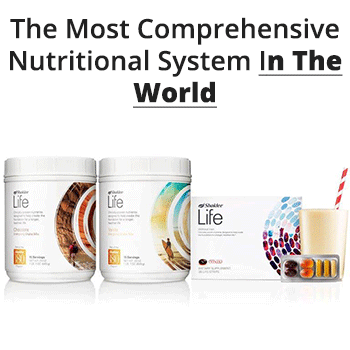Have you heard the one about the heart and the fish?
No joke, your heart needs a fish, that is fish oil or more specifically omega-3 fatty acids. (and so does your brain and nervous system for that matter.) Somewhere way, way back in the evolutionary journey, humans, or our ancestors, developed a relationship with the sea, and it was a beneficial relationship. Since fish were a plentiful food source, our biology adapted to making good use of fish nutrients. We still have the mechanisms down in the microenvironment of our cells that are “greased” by the wonderful omega 3 fatty acids.
Heart Health Month- Here is a fish story for you!
Do you know what kills most Americans each year? It’s Heart Disease.
Do you want to die of a premature heart attack or such? Probably not. Most of us would like to die after a long and happy life.
Do you know what you can do to protect your heart? That’s right, maintain an optimum weight, move your body a lot, not just at the gym, but all day long and outside when you can. Quit sitting around watching too much TV or at your desk or computer.
Let’s focus on what you eat to help your heart.
Is there something that you should be eating that will offer a really big heart health advantage if you do? Yep, it’s the old fish oil that you might be missing. Maybe your Great-Grandmother knew about Cod Liver Fish oil and how good it might be for her family, so good that she insisted on giving everyone a teaspoon a day. In those days they probably didn’t know that the cod was an oily fish and its liver provided a good dose of something that kept her family healthy until people got toxic on Vitamin A and D in those preparations. Now we know that it was Omega-3 fatty acids in the fish that protect our heart and vessels from hard plaque deposits and reduce inflammation though out our bodies. But ….
Who do you know that takes a dose of fish oil daily these days? No one! That’s right and it’s a good thing because the cod fisheries are in severe decline. AND the oceans have become polluted to the extent that many fish harvested for food consumption are loaded with poisons, lead, mercury, arsenic and ugly chemicals like PCBs (Poly chlorinated bisphenols) and dioxins. The fish has to swim in a contaminated soup and absorb these chemicals. Since fish eat fish in the food chain, tiny fish have less and larger fish have more of the dangerous chemicals in them…. The food police (FDA) warn us not to each the big fish, like tuna and mackerel, herring, because they bio-accumulate (big word for concentrate) these heavy metals and synthetic toxins in their tissues. If we eat them, we get a big dose of trouble. These heavy metals poison us by interfering at the cellular level with energy cycles, protective mechanisms and the ability to make critical proteins which leads to cell death. The more cells that die, the less function their organs can perform, leading to nasty symptoms and eventual death of your body
So if you choose to eat fish two OR MORE times a week (as the American Heart Association suggests) as a way to get the protective Omega 3 fatty acids, then it might be wise to know which fish provide the Omegas you need and where they have been living. Also whether you want to eat fresh fish or frozen fish.
How much of an educated consumer are you? Now you need to know which ocean your fish swam in, the type of fish you are going to eat, who caught your fish (does he abide by sustainable fishing practices), the distribution network (or how long did your fish travel in a truck to your market.. or how long after catch was it frozen and so on and so on.
But what about farmed fish? This sounds like a good idea, one that could protect our natural fisheries and provide for better prices and availability. I actually like this idea. It appeals to my interest in managing our natural resources and yet providing a new industry and feeding the world’s growing population. As it turns out, there is a kink in this option as well. We need to learn more. Floyd Chilton, PhD in his book, Inflammation Nation, reveals an observation about farmed salmon that surprised me. He makes a convincing argument that the food the fish are fed and their living conditions result in an increase in inflammatory chemicals that we get when we eat them. So instead of getting the benefit of reducing inflammation by eating the recommended fish servings, we actually expose ourselves to greater risk and cellular damage. And don’t get me started about tilapia and how they are farmed. (“Cardiologists are telling their patients to go home and eat fish, and if the patients are poor, they’re eating tilapia. And that could translate into a dangerous situation,” said the article’s lead author, Floyd “Ski” Chilton, Ph.D., professor of physiology and pharmacology and director of the Wake Forest Center for Botanical Lipids. – link)
This really begs the question of trust doesn’t it? Unless you are living at the coast, own a boat and know the fishery regulations and this is your business, you need to pay attention to what fish you eat.
What if you REALLY don’t like fish? What are your options? Plant sourced omegas or supplementation.
About the plant sourced Omega’s we need to think about which type of the Omega-3s you would be getting. We know that in fish we get a wonderful spectrum heavy on the DHA and EPA types of Omega-3s. In plants sources, like flaxseed, it seems we get ALA which can be turned into the Omega-3 DHA Humans have difficulty converting it in good ratios to the DHA that is so protective of most of our systems. It gets complicated because of interactions with other species of omegas in the system. Also the conversion produces more of the inflammatory chemicals even though it does produce protective DHA. If you have a fish allergy or are a vegan, then the plant sources may be your only option for some benefit. Eating walnuts and oils do add calories to diets, additional care should be taken in dietary planning. For my money, and since fish is an option for me, I am going to go for the fish sourced Omega-3s, until I someone produces some more current information on the topic and convinces me to switch over.
OK, let’s supplement.
To keep my life simpler, I am going to supplement my irregular diet, as I know that as much as I love a fish meal, I am not eating it that regularly. I even like sardines, but don’t think to eat them often. If you are like me, I would recommend supplementing your diet with a high quality fish oil sourced from small cold water fish, harvested by sustainable fishing practices. A product that is rigorously tested for contaminants at all stages of its manufacture, and processed in a manner to maintain the integrity of the fatty acid and to provide a full spectrum of omegas in the appropriate ratios.
My Choices
http://shaklee.tv/omegaguardfrom-shaklee
Smart Heath http://shaklee.tv/the-science-behind-shaklee-smartheart
Sources of additional information
- Status of Fish Stocks 2014: http://www.nmfs.noaa.gov/sfa/fisheries_eco/status_of_fisheries/archive/2014/2014_status_of_stocks_final_web.pdf
- Lead in Women and Children’s vitamins FDA 2008
- NIH Omega supplements https://nccih.nih.gov/health/omega3/introduction.htm
- The Journal of Nutrition- Algale Omega http://jn.nutrition.org/content/early/2011/11/22/jn.111.148973.abstract


